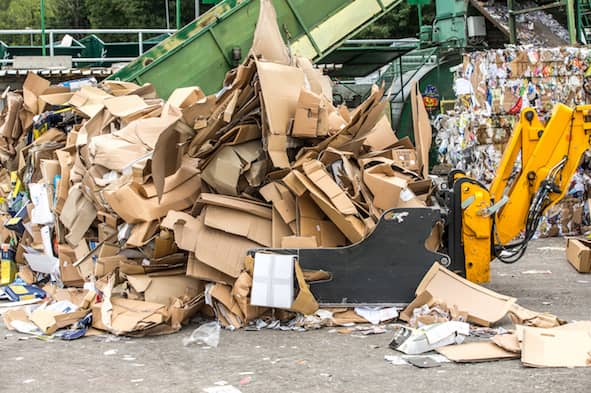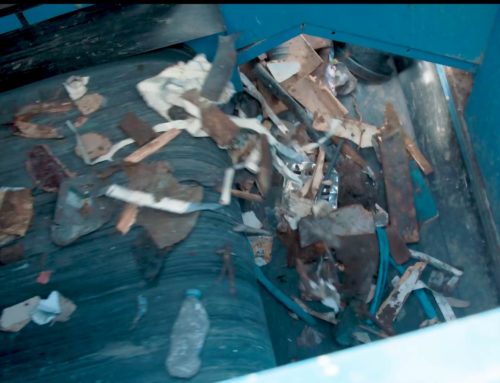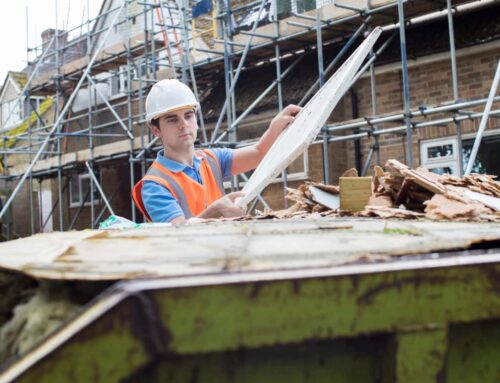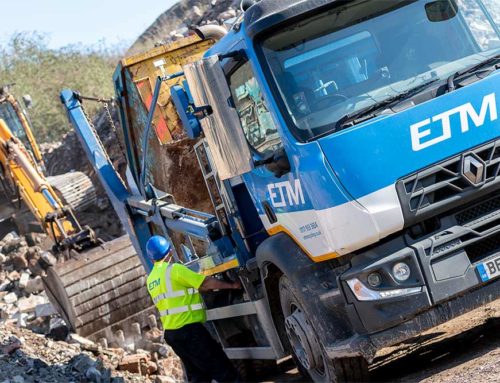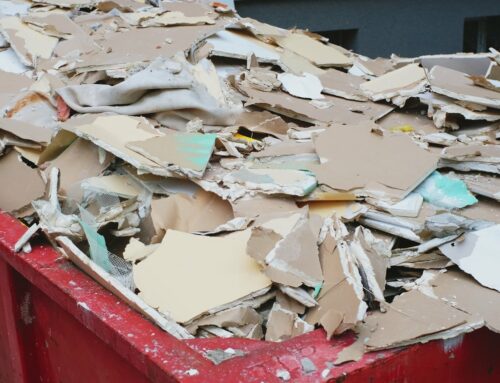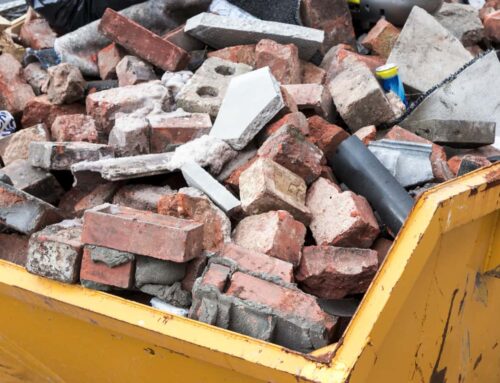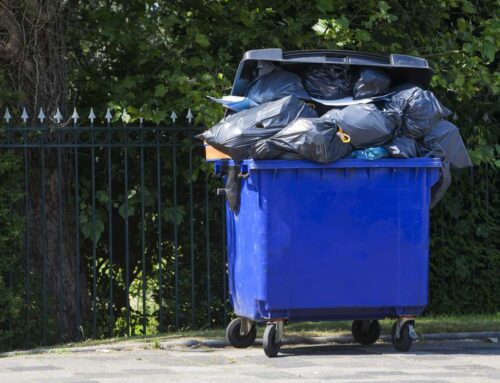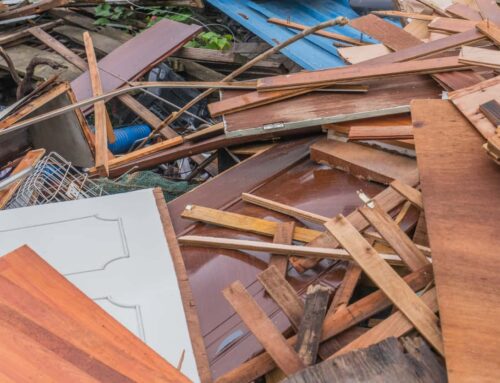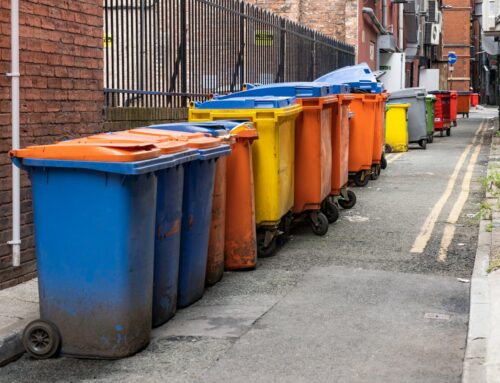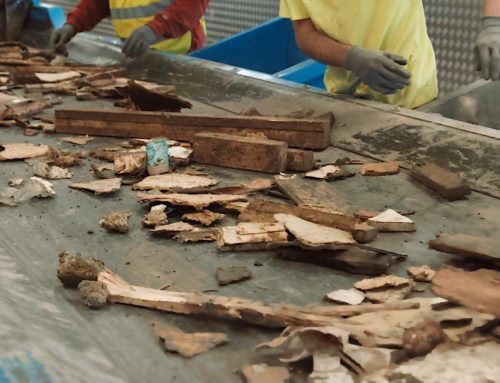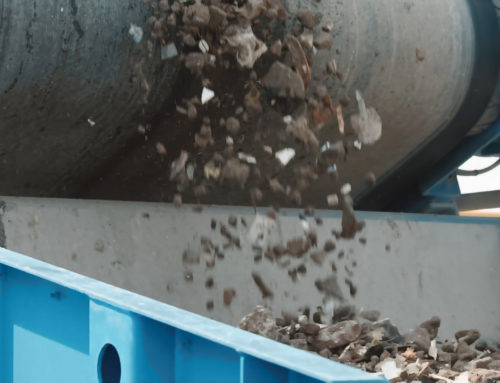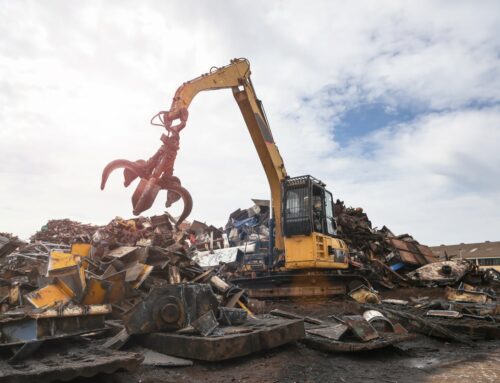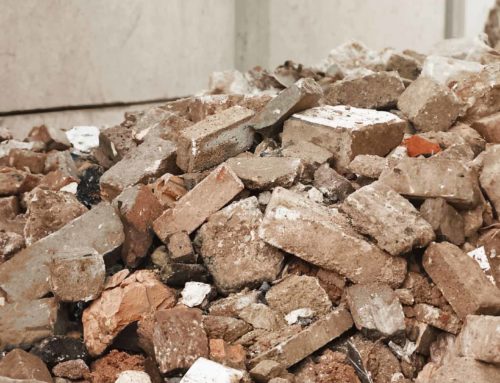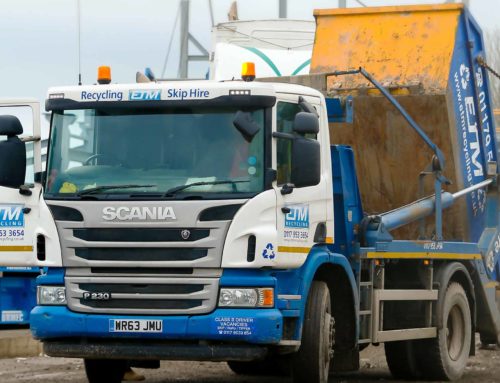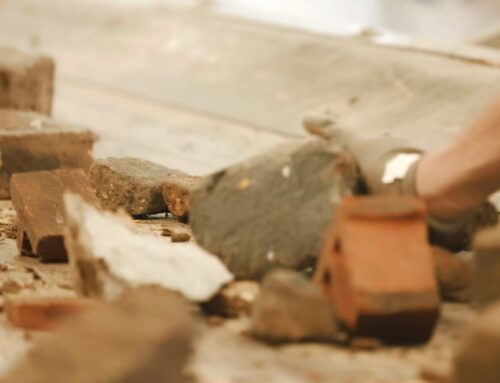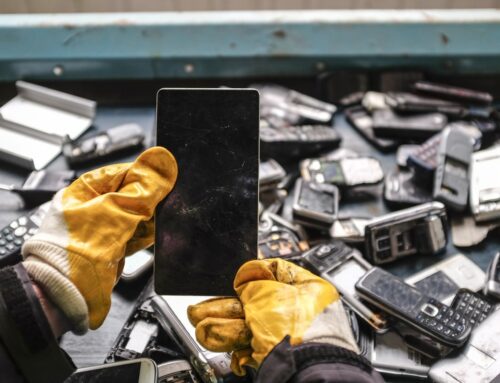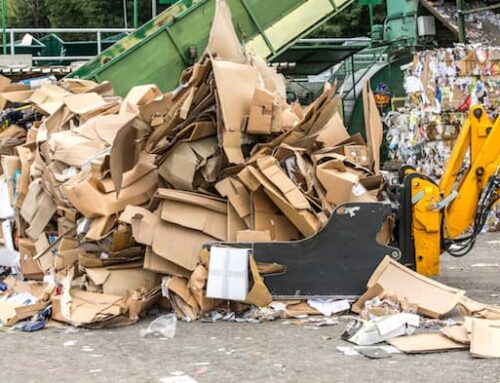By law, businesses are obliged to dispose of their waste in a specific way. With all the regulations, it can be difficult to understand exactly what’s required of your business when it comes to commercial waste tipping and disposal.
Our expert team at ETM Recycling have gathered everything that you need to know about commercial waste into this handy guide.
What is Commercial Waste?
There’s often confusion about what constitutes commercial waste. Commercial waste is any waste produced by a business on its premises. Regardless of whether your business is a trade site, school, entertainment premises or an office, all of the waste from these establishments is considered commercial.
This includes all kinds of waste, including (but not limited to):
- Paper
- Cardboard
- Cans
- Retail packaging
- Food wrappers
Your business is obliged to dispose of this in the correct way. There are several things to keep in mind, and many choose to involve professional waste disposal experts when planning their commercial waste removal.
Commercial Waste Responsibilities for Businesses
If disposing waste illegally, businesses can face hefty fines of up to £50,000 and possible imprisonment, so always ensure that your processes are in order at all times.
A business’ duty of care is an umbrella term. Any business is fully responsible for their waste, from creation to disposal; making sure that your waste is handled correctly is paramount. There are a few specifics to keep in mind on a day-to-day basis.
Keep Waste to a Minimum
Prevention is always better than cure. Assess your business’ processes and look to cut down on the waste that you’re producing. This will have both a positive economic and environmental impact on your company.
In addition to this, follow the flow chart of prevent > reuse > recycle > recover waste. You’ll never be able to fully eliminate waste, but this process gives your staff a groundwork to keep in mind when at work.
Sort and Store Waste Safely
Your establishment is required to store waste in a suitable, secure container to stop waste from escaping, with waterproof covers should rain be an issue. Containers need to be labelled clearly with the type of waste they contain.
Waste Transfer Notes
When offloading any non-hazardous waste from your premises, you will need a waste transfer note, or other similar documents. You can register to digitise this process by clicking here. A waste transfer note’s purpose is to keep track of the waste that you’re producing, and to help the business that is taking your waste away to dispose of it correctly.
Waste transfer notes must be kept for two years, as they will need to be shown to any Environment Agency official if asked.
Responsibilities for Hazardous Waste
If your facility is producing hazardous waste, your duty of care will be slightly different, as this will need to be disposed of in a particular way. Some examples of hazardous waste are:
- Asbestos
- Chemicals
- Batteries
- Solvents
- Pesticides
- Inedible oils
How to Correctly Dispose of Commercial Waste
Depending on your business’ size, the way that you look to dispose of waste can vary quite a bit. Finding the most convenient, cost-effective and time-saving method for your business is crucial.
Dispose of Your Own Waste
Smaller businesses might choose to dispose of their own waste. In order to do this, you must register as a waste carrier, and might even need to apply for a waste permit. Failing to register can result in fines of up to £5,000.
This is often seen as a poor choice, as disposing of your own waste is time consuming and risky. If you dispose of your waste incorrectly, not only have you spent a long time tipping it, but you’re again looking at fines.
Professional Waste Disposal
Most businesses opt to hire professional waste disposal companies to handle all of their waste needs. Good waste disposal and recycling companies offer scalable services to businesses, meaning that no matter how much waste you’re producing, or how many members of staff you have, there’s always a perfect solution for your needs.
Commercial clients will often opt for one (or multiple) of a variety of different waste containers to fit their needs:
- Trade waste & refuse bins – a classic way to contain your waste & help to separate recyclables.
- Skips – can be permanent or temporary, used to dispose of large amounts of waste and managed by a disposal company on an allocated time-basis.
- Roll on/roll off bins – large waste containers for companies producing large quantities of waste.
Using professional waste disposal removes stress, reduces your company’s costs and improves your carbon footprint. They will also ensure that your waste is disposed of correctly and stop you from accidentally violating any environmental laws.
Personalised Commercial Waste Disposal with ETM Recycling
A key player in both Bristol and Bath, ETM Recycling was founded in 1994. Our goal is to divert as much of Bristol’s waste as possible from landfill and to provide a client-focused, cost-effective service.
We work with businesses ranging from SMEs to much larger enterprises. Get in touch with us today and chat with one of our experts about our range of services and bespoke commercial waste management plans.
